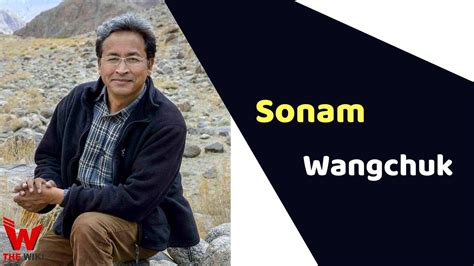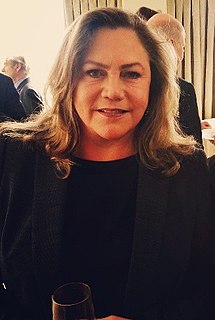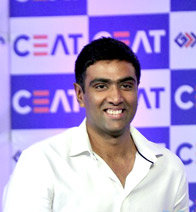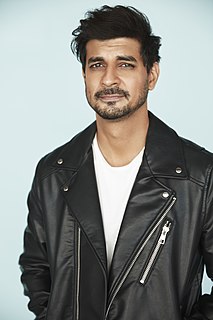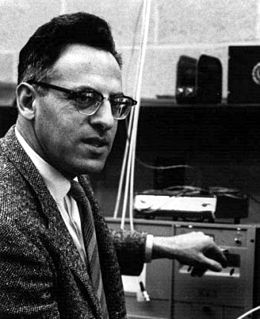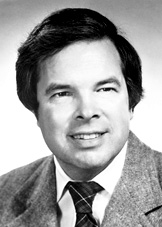A Quote by Sonam Wangchuk
When I started my engineering, I had to support my education expenses; I was then studying in what is now the National Institute of Technology in Srinagar.
Related Quotes
I love the new technology in terms of giving access to doing more independent work. When I first started out, any film had to rent from Panavision and the expenses were humongous. Now, given the advances in technology, you can put out extraordinary quality filmmaking at nothing like the price it used to be.
The Babson Institute, which is now an actual university, was started by this guy [my father] who also had a problem with believing in gravity. And so he started the Babson Institute in New Boston, New Hampshire, which then moved to Gloucester. Each year they have a competition of one thousand dollars for one thousand words of an essay on gravity. That's the way they do it.
The director of the institute where I was working apologized about these young, enthusiastic researchers when the World Bank visited because he was afraid the institute would lose the World Bank consultancies.I went back home and started the Research Foundation for Science, Technology, and Ecology?an extremely elaborate name for the tiny institute that I started in my mother?s cow shed. My parents handed over family resources and said, ?Put them to public purpose.? That?s how I survived.
Key to success for the education of young African girls is building a model that works with communities, schools, and national Ministries of Education to build a system of protection and support around girls, ensuring that they receive the education that is their right. Financial support is provided alongside a social support system.
